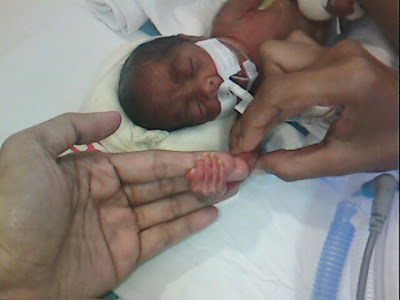I asked myself the same question and after talking to many PDs this is what I came up with:
A. Needed good experience in your residency - why cuz majority of places you will work at will expect you to handle this stuff (at least basics of each) (this list is not in level of importance)
1. OB - self explanatory you need it everywhere you go. nuff said
2. Neuro - again self explanatory, nuff said
3. Cardio/vascular/thoracic - this is a toss up cuz some residents said this is a field that is not as big as it used to be but try to see at least a fair amount where your not scared of seeing this, maybe not an expert though
4. Peds - you gotta be comfortable working with the little guys that desat quick and have differing renal physiology from us adults requiring different drug dosing adjustments and such.
5. Regional/acute pain/ambulatory - be able to do basic blocks which usually have an ambulatory component meaning guys aren't fully paralyzed and breathing on their own. Look for places that offer ultrasound and nerve stim, cuz not everywhere you go post-residency will have an ultrasound machine, so be comfortable in both. Don't count OB neuroaxial blocks in this category cuz that goes with the OB rotation as above.
6. Trauma/Liver - so the most important thing is to have at least one of these. Massive fluid resuscitation is important to learn here. Trauma experience is better cuz you have that plus maybe an aspect of difficult airway depending on location of trauma, and also it makes you learn this much more quickly and seriously cuz there is no pre-oping and knowing about the patient before on. You just go with little knowledge!
B. Extra things not necessarily needing good experience in residency - why cuz these things you must do a fellowship to be board certified in, so that means 12 additional months in just that thing, which is more than enough. Some might argue at least an average experience so you know if you like it or not
1. Chronic Pain - nuff said
2. Critical Care - nuff said
C. Awesome extra things that some places offer, which enhance residency but again not needed, but would be cool to have.
1. advanced-difficult airway rotation - some places have you learn to use all the different things by doing dedicated month(s). Some places you learn as you go through your other rotation and use things like glidescope/fibro/ext cuz of either need(truly difficult) or request(wanna practice). If you have an ENT rotation this may have a component of an advanced/difficult airway, also like I said before a trauma rotation may also have a advanced/difficult airway component.
2. malignant htn - very few places have a dedicated malignant htn month. I don't know why you need a month, but im ignorant. But it would enhance my residency experience to learn extensively about this disease that all anesthesiologists should be able to recognize and treat.
Thats my two cents and please feel free to comment, edit, whatever (specially attendings and residents). Also I didn't add pre-op clinic or PACU rotations as needed cuz every freaking place has an experience that is adequate. I think a good majority of places have the needed stuff, if you go to a place that lacks in category A you might have to do a fellowship to get that comfort depending on what your future employment expects you to handle. But remember the category A fellowships are only for your own good and comfort they don't come with any board certification saying you are proven to do this better than any other non-fellowship trained anesthesiologist.

